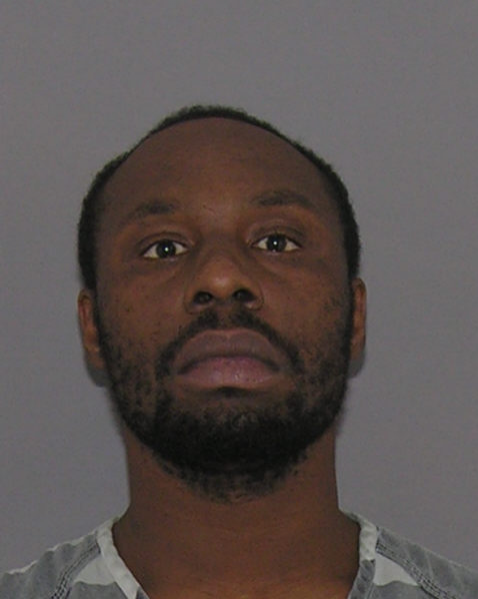Dying Man’s Blinks Helps Convict Ohio Man For Murder

A videotape shows a paralyzed man blinking his eyes to identify a shooting suspect charged with murder. David Chandler was paralyzed after being shot in Cincinnati, Ohio, on Oct. 28, 2010, reports the Associated Press.
The videotape shown to jurors during the trial of Ricardo Woods, charged with murder and felonious assault, was an interview between Chandler in his hospital bed and police investigators. During the questioning, police asked Chandler to respond to questions via a series of blinks, three blinks for a “yes” response and two blinks for a “no” response, AP notes. Through the interview, Chandler is seen responding to the investigator’s questions, and prosecutors argued Chandler identified Woods as the shooter.
The jurors failed to reach an agreement about the verdict on Tuesday, and deliberations continued throughout Wednesday. On Thursday, the jurors came back with a verdict and found Woods guilty of murder and felonious assault, AP reports. Woods was shot in the face and neck, was paralyzed from the neck down and unable to speak. Woods died from the injuries sustained in the shooting two weeks after the Oct. 28, 2010, incident. According to the prosecutor, Chandler was a drug dealer, and Woods had purchased drugs from him in the past.
The videotaped interview with Woods was at the center of debate between the prosecutors and Woods’ defense attorneys. Assistant Hamilton County Prosecutor Jocelyn Chess said Chandler blinked deliberately when police asked if he could identify the shooter and blinked three times when shown a picture of Woods. Chandler blinked three times again when police asked if he was sure that it was Chandler who shot him, AP reports.
While Chandler was paralyzed from the shooting, he did not suffer brain damage and had full cognitive ability, meaning he was able to understand the questions from police and was able to recall the shooting, AP notes. Jackson argued Chandler was heavily medicated and did not respond every time police questioned him at the hospital, saying Chandler was “a very, very ill man who was medicated and could not make needed decisions for his care.”
Jackson also argued that testimony from a man convicted of armed robbery, stating Woods had threatened Chandler because he owed him money, should be discredited. According to Jackson, the inmate was just cooperating to get a reduction in his sentence. Speaking to jurors, Jackson stated that the evidence against Chandler was circumstantial and there was no DNA or physical evidence linking her client to the shooting of Woods, AP notes.
Legal experts speaking to AP said that this type of evidence is rarely presented during trials as the conclusions or results may be unreliable and could be subject to interpretation. Jackson is planning to appeal the conviction.
© Copyright IBTimes 2024. All rights reserved.






















